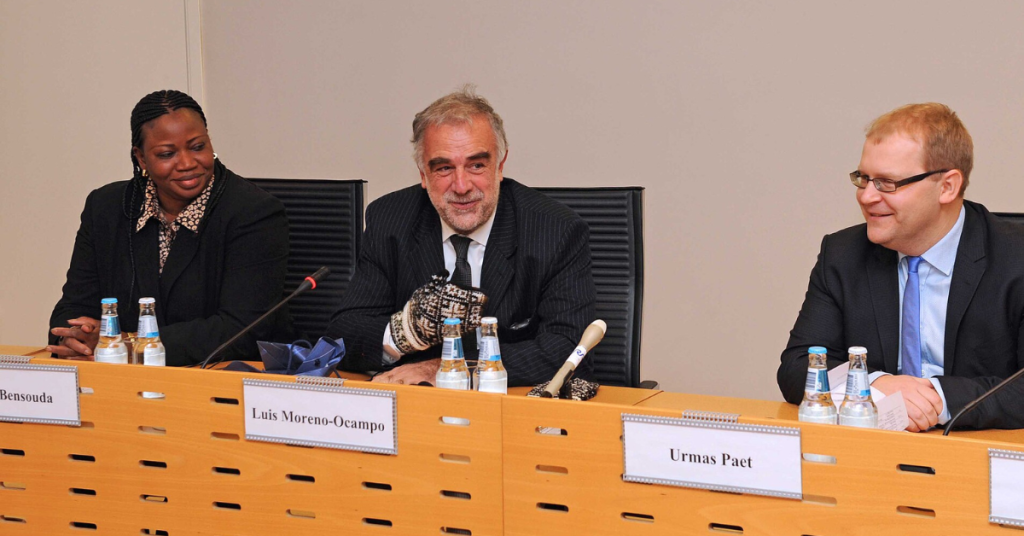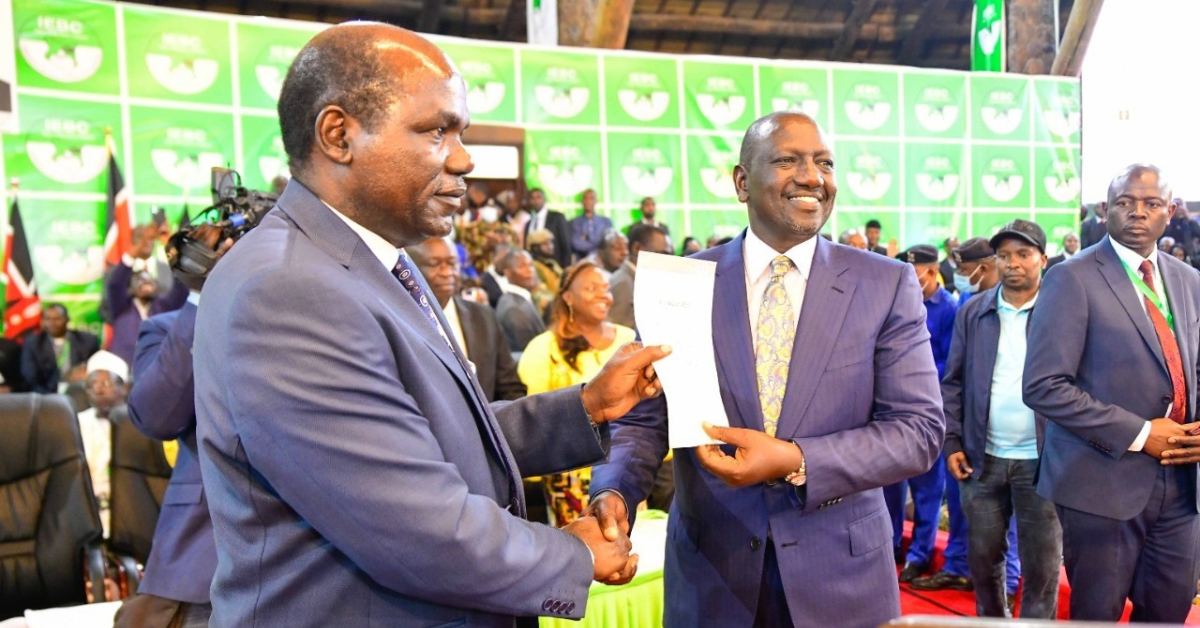Last week, my comment titled High Noon for Hypocrisy at the ICC provoked interesting responses on social media, including a long email response from one of the readers. Usually, I skim through such emails and quickly press the delete key. But something got my attention in this reader’s argument. He suggested that I should view the ICC trials from a public psychology angle and examine the effect it is likely to have on the Kenyan psyche. I agree with the reader and so here is my amateur attempt.
Since Kenya’s independence, perhaps there is no attribute more pervasive, persistent and pernicious in our society than the ‘very important person’ syndrome. The ‘bwana mkubwa’ – historically mostly men, the alpha male in particular – is the all-important figure; a spectacle that elicits envy and fear in equal measure. This figure does not disappoint: his condescending demeanour and attitude leaves no doubt who is the boss. He is a person of power and privilege, doling out alms and exercising generosity – or greed – as he wishes. He usually has an army of servile followers clinging to every word and reacting to every gesture. He occupies high office and is seen as above the indignities to which ordinary riff-raff are subjected – like, well, the judicial process. If you are the President (or his deputy), you are above the law – or so thought the public. Until the ICC arrived.
Now, to see the ultimate holders of high office – presently the Deputy President, and later the President of the ‘sovereign’ Republic of Kenya – in the dock squirming under intense questioning leaves most people squirming too. Many people will feel mentally out of balance and will experience a mixture of shame, satisfaction, anger, fear and even guilty pleasure as they try to sort out their feelings. Is the distinction of being the first country to have a sitting president and his deputy subjected to this process a matter of pride or shame? It will probably be both for some. This – the ability to hold two contradictory ideas simultaneously in one’s mind – is what psychologists call cognitive dissonance.
It will be a humbling experience for the one in the dock and as well as the one observing. The concept of the untouchable, that singularly disorganising principle of the self-important ‘bwana mkubwa’, will undergo major deconstruction in the public mind. For the first time, Kenyans will be forced to look at the occupants of high office differently. Good. It is about time. Perhaps humility – which has been in long-term retreat – may return to rescue the notion of the ‘important person’ which we have elevated to ridiculous heights.
Consider the following scenario. An official from one of the top donor countries arrives in the country. She is the equivalent of a Principal Secretary. She had come to discuss new development assistance and to inspect on-going projects. The first thing she will notice in the office of her counterpart is the red carpet and the huge, luxuriously outfitted space – leather seats, flat screen TV, and all. Back home, she operates from a mid-size cubicle with bare furniture. When they go to inspect projects in the field, she would be in a small car provided by her Embassy while her host will be in an entourage of expensive four-wheel drive fuel guzzlers –probably bought with a grant from her country. You get the picture.
You may find this juxtaposition ridiculous, and you would be right. Sadly, it is not atypical. We perpetuate it because of the “very important person’ syndrome. No less ridiculous is the idea of paying some of our public servants (including our ‘esteemed’ members of the legislature) higher salaries and perks than their counterparts in countries ten times richer than our own.
The tortured efforts to condemn, praise, obey, disobey and even attempts to pull out of the ICC altogether are but symptoms of on-going labour pains as we wrestle with what it means to be ‘important’ and ‘sovereign.’ To what extent the ICC process will help deconstruct the ‘bwana mkubwa’ syndrome and give birth to a new identity remains to be seen. There are those who fear it could in fact entrench it. How, you ask. If they end in acquittals, the accused could be seen as having bravely confronted what – in their view – was a politically influenced judicial process and triumphed. Would it then be a stretch to see such an outcome as bolstering a perfumed type of impunity?
From whichever angle you look at it, the ICC process will leave an imprint in the public psyche. International hypocrisy aside, it will make ‘very important people’ pause and think before acting next time.
But, if the prosecution’s case were to strength as the trial progresses – with the probability of conviction increasing – will the bravery of the accused extend to attending the final ruling?


